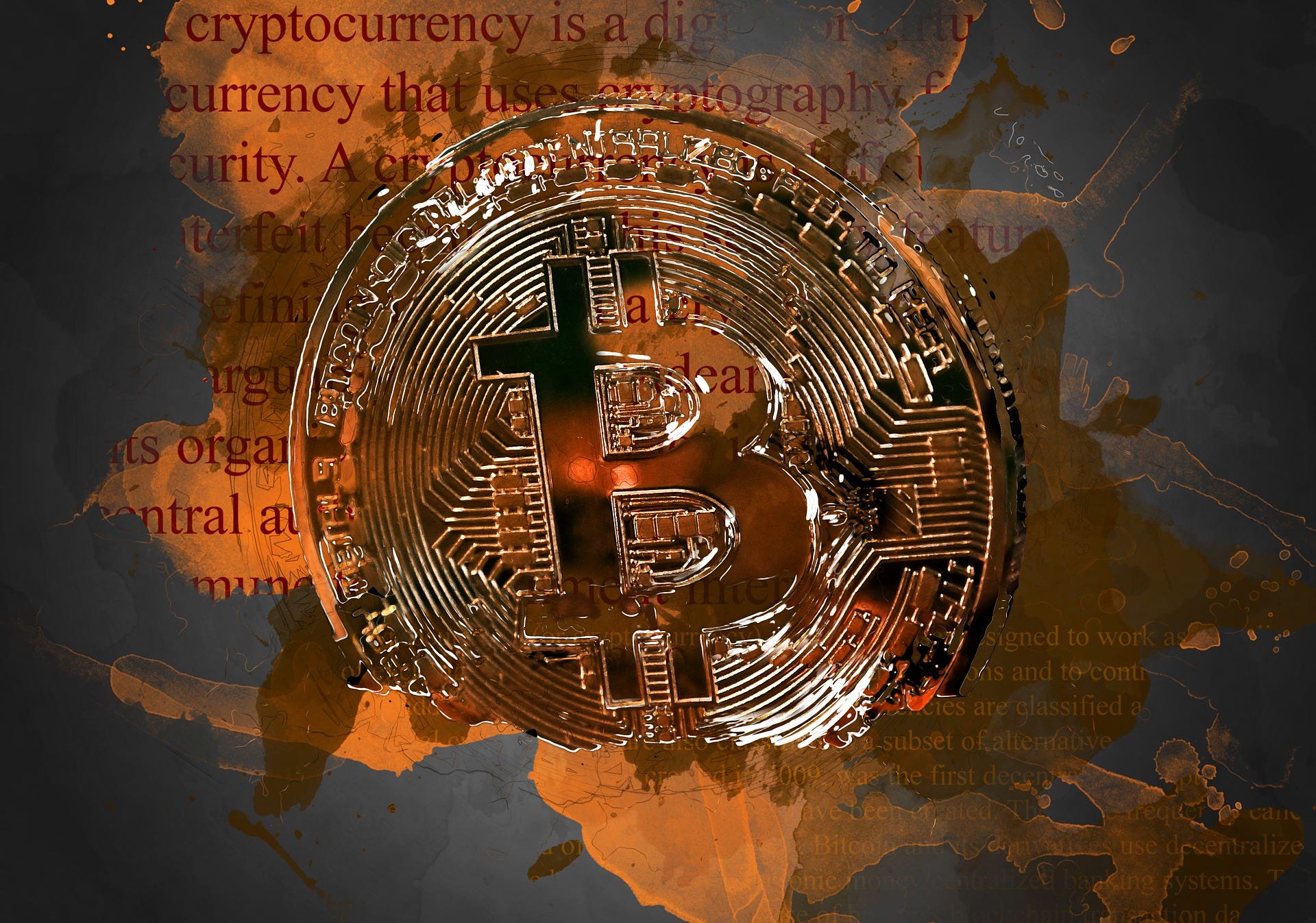PALO ALTO, Calif. (Reuters) - The Federal Reserve is taking a look at a broad variety of problems around digital payments and currencies, including policy, design and legal factors to consider around possibly releasing its own digital currency, Guv Lael Brainard said on Wednesday. Brainard's remarks suggest more openness to the possibility of a Fed-issued digital coin than in the past." By changing payments, digitalization has the possible to deliver greater value and convenience at lower cost," Brainard stated at a conference on payments at the Stanford Graduate School of Service.
Reserve banks worldwide are disputing how to handle digital finance innovation and the distributed ledger systems utilized by bitcoin, which assures near-instantaneous payment at possibly low cost. The Fed is establishing its own day-and-night real-time payments and settlement service and is currently examining 200 comment letters submitted late in 2015 about the proposed service's style and scope, Brainard said.
Less than two years ago Brainard told a conference in San Francisco that there is "no compelling showed need" for such a coin. But that was before the scope of Facebook's digital currency aspirations were widely understood. Fed officials, including Brainard, have raised concerns about customer securities and data and privacy risks that might be posed by a currency that could come into use by the 3rd of the world's population that have Facebook accounts.
" We are collaborating with other central banks as we advance our understanding of central bank digital currencies," she said. With more countries checking out providing their own digital currencies, Brainard said, that contributes to "a set of reasons to also be making certain that we are that frontier of both research and policy advancement." In the United States, Brainard stated, concerns that need research study consist of whether a digital currency would make the payments system more secure or simpler, and whether it might posture financial stability threats, consisting of the possibility of bank runs if cash can be turned "with a single swipe" into the main bank's digital currency.
To counter the monetary damage from America's extraordinary national lockdown, the Federal Reserve has taken unmatched actions, consisting of flooding the economy with dollars and investing straight in the economy. The majority of these relocations received grudging acceptance even from numerous Fed doubters, as they saw this stimulus as needed and something only the Fed might do.

My new CEI report, "Government-Run Payment Systems Are Hazardous at Any Speed: The Case Against Fedcoin and FedNow," information the risks of the Fed's current plans for its FedNow real-time payment system, and proposals for central bank-issued cryptocurrency that have actually been called Fedcoin or the "digital dollar." In my report, I go over issues about privacy, data security, currency adjustment, and crowding out private-sector competitors and development.
Supporters of FedNow and Fedcoin say the government needs to create a system for payments to deposit immediately, instead of encourage such systems in the economic sector by lifting regulatory barriers. But as noted in the paper, the economic sector is providing an apparently limitless supply of payment technologies and digital currencies to solve the problemto the level it is a problemof the time gap between when a payment is sent out and when it is received in a bank account.
And the examples of private-sector development in this location are lots of. The Cleaning Home, a bank-held cooperative that has been routing interbank payments in different kinds for more than 150 years, has been clearing real-time payments considering that 2017. By the end of 2018 it was covering half of the deposit base in the U.S.